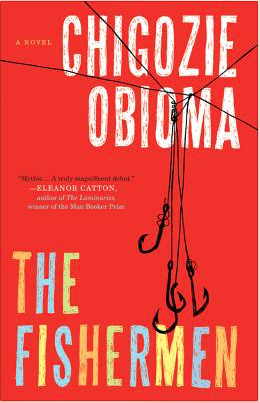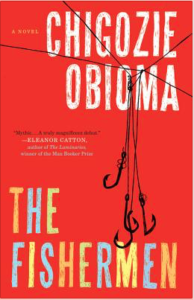E-books, tablets and readers, oh my!

I owned an e-reader once. Two, actually. One was a Christmas present. I sent it back before New Year’s Day. The other one I kept a little longer, but when I lost its charger (I am always losing chargers), I didn’t bother to get a replacement. All of which is to say I tried.
Lots of smart book enthusiasts swear by their e-readers, but I just can’t give up my actual books. It’s not that I don’t understand the appeal. When my wife and I go on vacation, we pack more novels than clothes, and yes, every time I haul our ridiculously heavy bags down from the overhead compartment, I marvel ruefully at the fact that I could carry enough books to last a lifetime in a device smaller than the in-flight magazine. But, convenient as that may be, it’s not actually something I want.
Books are more than the words that lie between their covers. They contain pleasures that can’t be reduced to electronic files – the feel of pages beneath one’s fingers, the smell of paper, the exquisite heft of the thing. The physical aspect of a book and its existence as an object in the world is important to me. I like to gauge my progress through a story by my bookmark’s steady march from the front cover to the back. I like to look at the spines of books on the shelves in our home. When I see the book I am reading on a table, I am warmed by the prospect of opening it again later that day.
It’s not that I don’t like reading on a screen. I do it all day while I’m at work. But I read differently on a screen, more quickly and, I suspect, more superficially, too. A screen connotes connectivity, and connectivity promises the never-ending possibility of distraction. For me, the pages of a book offer delicious, quiet sanctuary from all that. It’s a relief to escape from all those pixels.
Don’t get me wrong I’m very happy that e-books exist. Anything that encourages people to read more is a cause for celebration. But speaking personally, I don’t know that you can beat the old technology of paper and ink. Another advantage is real books don’t need chargers, which if you’re me, is obviously a good thing.
The Fisherman by Chigozie Obioma
This magnificent debut novel was shortlisted for this year’s Booker Prize and with good reason. Set in the small Nigerian town of Akure in the mid-1990s, The Fishermen is a story of fate and family that will haunt you long after you have reached the last page. The writing is powerful and richly lyrical, and the tale is equal parts mythic and domestic. My guess is that you won’t have read anything quite like this. It’s beautiful.


